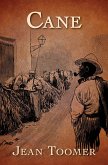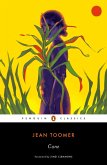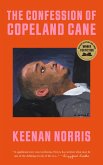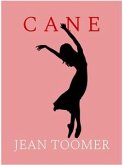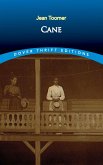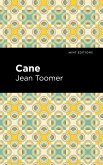Jean Toomer's revolutionary masterpiece Cane (1923) ushered in the era we now know as the Harlem Renaissance, and has come to be considered one of the classic works of American literary modernism. A boldly experimental "novel" mixing prose, poetry, and dramatic sketches, the book's hallmark is its formal sophistication; sexuality, racism, and industrialization are among its major themes. Above all else it offers unforgettably evocative portraits of the African American lives Toomer encountered in rural Georgia, by turns down-to-earth, heartfelt, hauntingly lyrical.
Dieser Download kann aus rechtlichen Gründen nur mit Rechnungsadresse in A, B, BG, CY, CZ, D, DK, EW, E, FIN, F, GR, HR, H, IRL, I, LT, L, LR, M, NL, PL, P, R, S, SLO, SK ausgeliefert werden.




